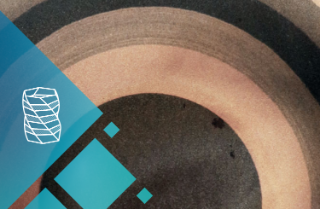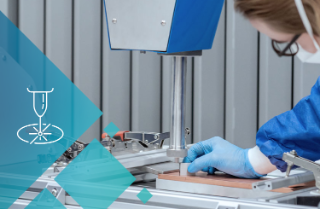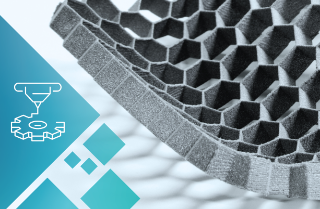Fraunhofer IGCV researches new manufacturing technologies for highly complex (lightweight) components
As part of an international team of experts, Fraunhofer IGCV is conducting research into the production of higher-performance and lighter multi-material components: within the project "MADE-3D" (Multi-Material Design using 3D Printing) the scientists investigate how the advantages of components made of combined materials can be transferred to industrial applications in the automotive industry as well as aerospace. The project has received around 6.7 million euros of funding for the next three and a half years as part of the European Union’s “Horizon Europe 2022” program.
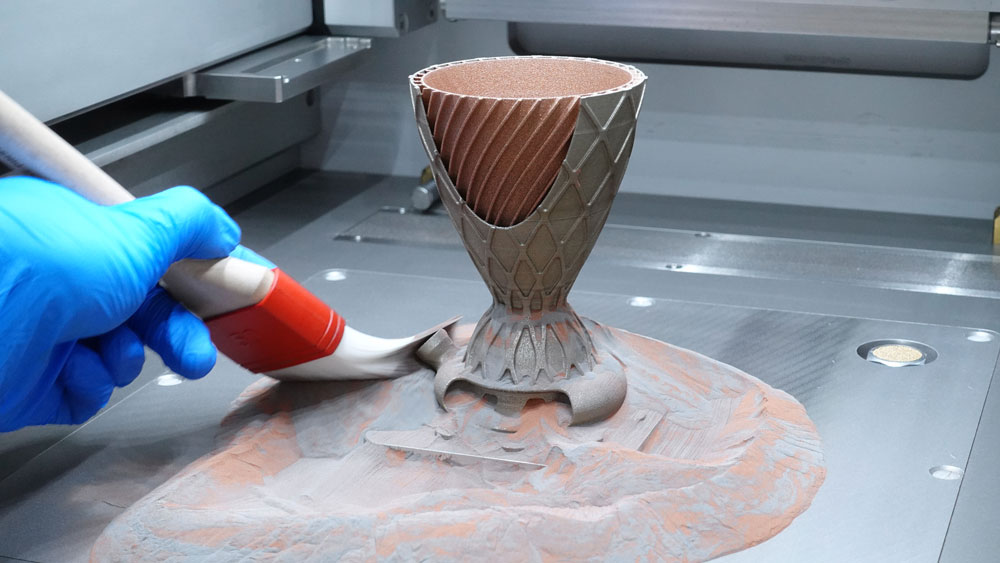
Additive manufacturing (AM), often known as 3D printing, offers great potential as it can be used to produce hugely complex lightweight components. The next stage of development in the field of metal 3D printing lies in producing multi-material components, in which two or more materials can be arbitrarily allocated as desired.
“Multi-material manufacturing using 3D printing is still in its infancy. The lack of material combinations is the biggest challenge preventing a breakthrough for this technology. ‘MADE-3D’ should offer a leap forward in this regard”, emphasizes project coordinator Professor Thomas Tröster, head of the Automotive Lightweight Design (LiA) research group and chair of the Institute for Lightweight Design with Hybrid Systems (ILH) and the Paderborn Institute for Additive Fabrication (PIAF) at Paderborn University.
From idea to implementation: multi-material research along AM process chains
A Europe-wide research team headed by Paderborn University is now seeking to develop industrial applications for this revolutionary technology. As part of the consortium, Fraunhofer IGCV will contribute its many years of expertise in the additive manufacturing of material combinations. The research institute is part of the Fraunhofer Competence Field Additive Manufacturing and involved in many related committees and boards. Fraunhofer IGCV can regularly be found at important industry events and trade congresses, and is organizing the event “Seminar for Additive Manufacturing” together with the Technical University of Munich (TUM) for the 26th time.
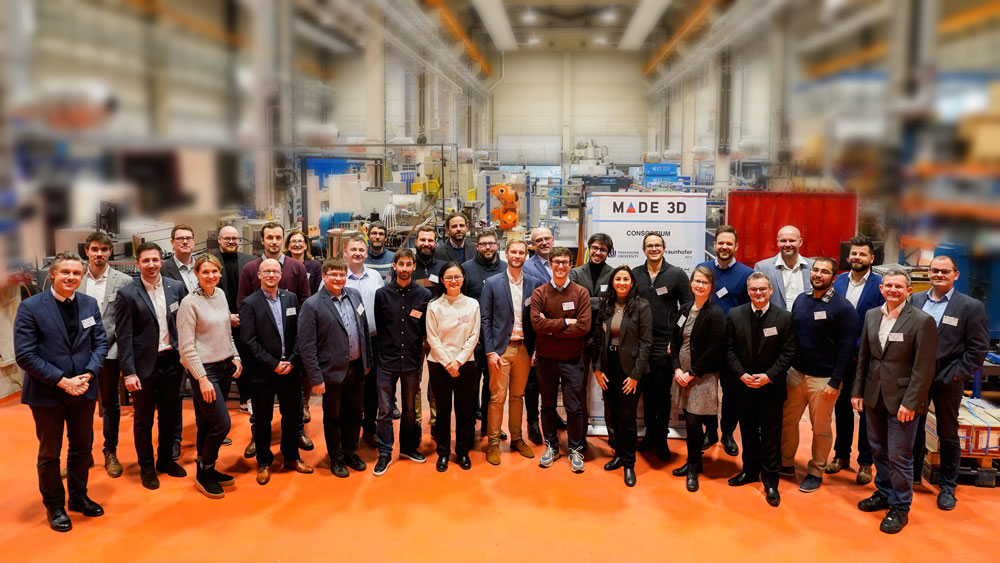
“We conduct intensive research on the process technologies of additive manufacturing methods along their process chains. This makes us one of the most important knowledge carriers in this field,” says Dr.-Ing. Georg Schlick, Head of Department AM - Metal and Multi-material at Fraunhofer IGCV. "We are particularly experienced in developing suitable methods, such as product development of additively manufactured components or factory planning for the industrial implementation of our findings.” This know-how is beneficial for industry partners, and beyond: with the help of additive multi-material manufacturing, for example, the cooling performance for electronics in electric cars – and thus energy efficiency and eco-balance – can be significantly improved, says Georg Schlick.
In the "MADE-3D" project, Fraunhofer IGCV researchers will manufacture test specimens and demonstrators from aluminum and copper alloys at the institute's own laser melting facilities and examine how such material composites can be implemented in a high-quality manner. In addition, they will investigate how multi-material AM processes can be improved so that they are faster, more stable and use less powder. The question of how powder can be efficiently reprocessed will also occupy the team. Initial project results are expected in six months.
To learn more about the project, visit the Paderborn University's website
Last modified:
